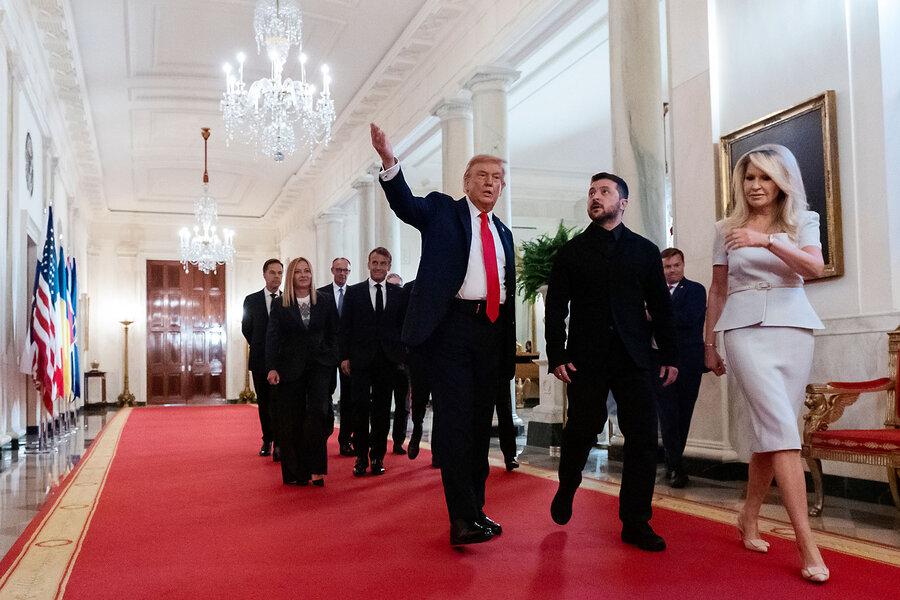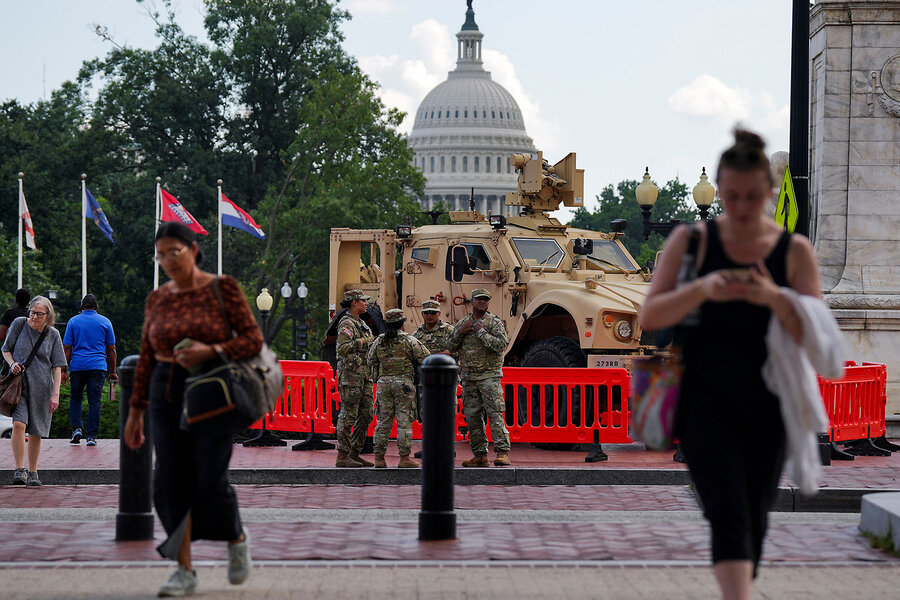Now Reading: Afghan Refugees in the US Face Uncertain Future Post-Kabul Collapse
-
01
Afghan Refugees in the US Face Uncertain Future Post-Kabul Collapse
Afghan Refugees in the US Face Uncertain Future Post-Kabul Collapse

### quick Summary
– Four years after the U.S. withdrawal from Afghanistan and the Taliban’s return, many Afghan families who fled are facing challenges in resettling and reuniting with their loved ones left behind.
– Afghan allies in the U.S., like Najia Sherzad Hoshmand, who helped American forces, now work to adapt while grappling with worries for family members still under taliban rule.
– Many Afghans relocated through special Immigrant Visas (SIVs) or temporary Protected Status (TPS). Tho, changing immigration priorities under the Trump administration have restricted pathways for others in Afghanistan to join them.
– The refugee program has been suspended, relocation assistance cut back, and even green-card holders face uncertainty due to government reviews questioning “qualifying employment.”
– Advocates argue that honoring promises of protection to Afghan allies is not only a moral obligation but also critical for future U.S. military collaborations abroad.
– Organizations such as No One Left Behind have stepped up by funding flights for some stranded SIV recipients. However, lengthy processing times (averaging over two years) and mixed policy priorities remain barriers.
– Many Afghans already in the U.S. are transitioning into their new lives; they’re learning English as well as pursuing citizenship or education opportunities while trying to help family members immigrate.—
### Indian Opinion Analysis
India can draw valuable lessons from examining how nations handle large-scale refugee resettlement during humanitarian crises following geopolitical upheavals. The plight of displaced Afghans highlights a global dilemma: balancing short-term logistical constraints with long-term commitments to moral obligation-and striking that balance is key both as a security imperative and a matter of trust-building diplomacy.
for India-a nation sharing regional stakes-Afghanistan’s unraveling poses deep foreign policy implications tied not only to security but also socio-political action domestically toward displaced populations globally. India’s inclusive yet measured steps like its e-Visa facility extended post-Afghan fall reflect pragmatic hedging between geopolitics plus domestic-word Dharmic lens resilience respect.@[























